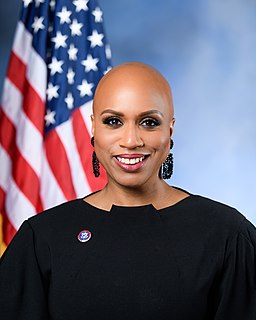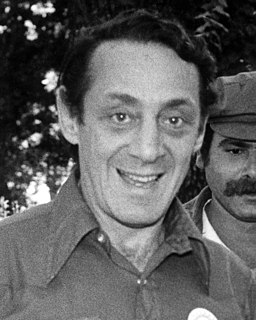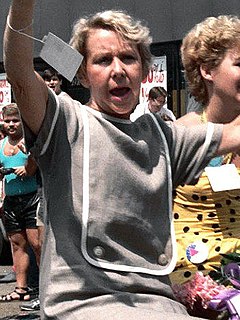A Quote by Ayanna Pressley
We make a mistake when we stereotype neighborhoods as 'bad' and not worth our attention or investment.
Quote Topics
Related Quotes
In many parts of our country, geography and population density can make it difficult to attract private investment. These communities depend on federal investments to maintain and upgrade their transportation systems and stay competitive. And we know that it's an investment worth making. Because when rural America succeeds, we all do.
The biggest mistake investors make is to believe that what happened in the recent past is likely to persist. They assume that something that was a good investment in the recent past is still a good investment. Typically, high past returns simply imply that an asset has become more expensive and is a poorer, not better, investment.
I think our responsibility as political leaders today, is to push our economic leaders to change their investment behavior, to decide new things, and to help workers to change their jobs. And I think the mistake that Donald Trump decided to make is exactly the mistake we made in France and in Europe. Which was to resist to the change in order to protect the old jobs. What we have to protect is people, not jobs. If you want to protect people, you retrain them.
The schools that suffer are the schools in, in poor neighborhoods. They are the neighborhoods with the greatest need, with the parents struggling to work and to make ends meet. They don't have enough resources to give, they don't have enough resources to pay more, and these are the neighborhoods that go first.
Investment in the eradication of hunger today is a good business decision. If we fail to make this investment, it is doubtful that we can sustain healthy economic growth. Without this investment, our nation may disintegrate into a country sharply divided between those who have enough to eat and those who do not.


































